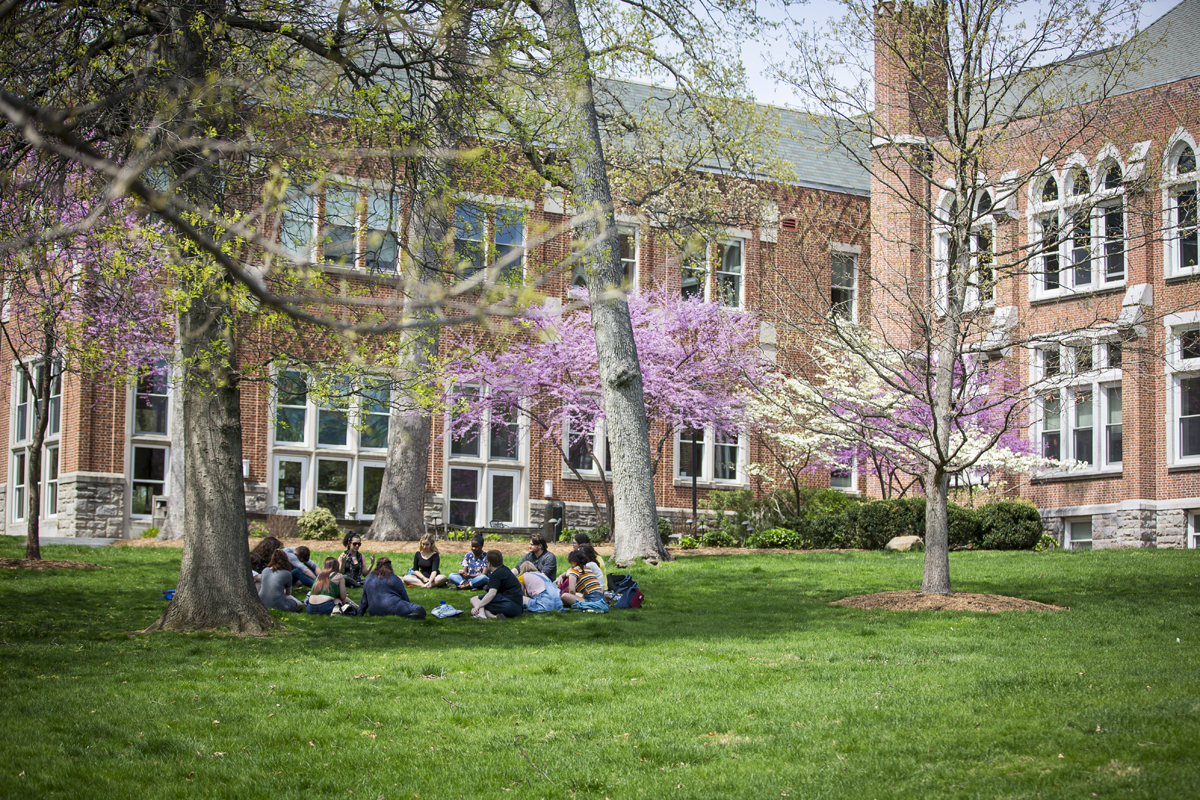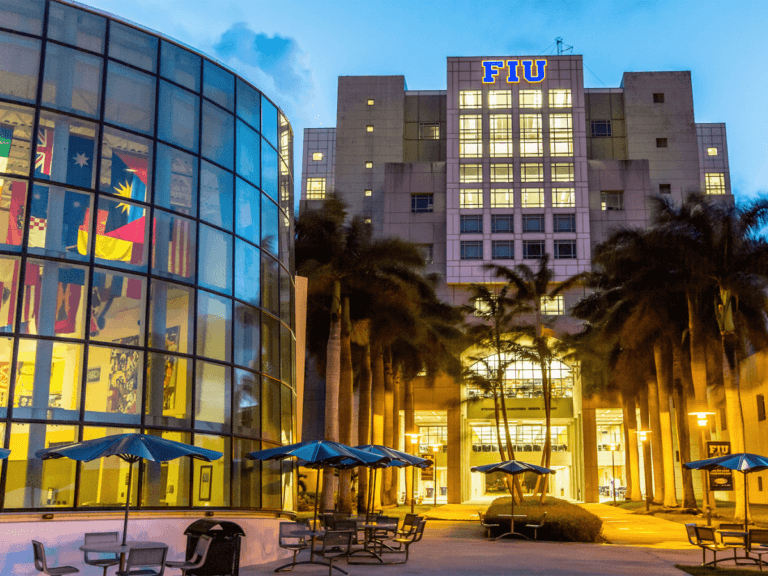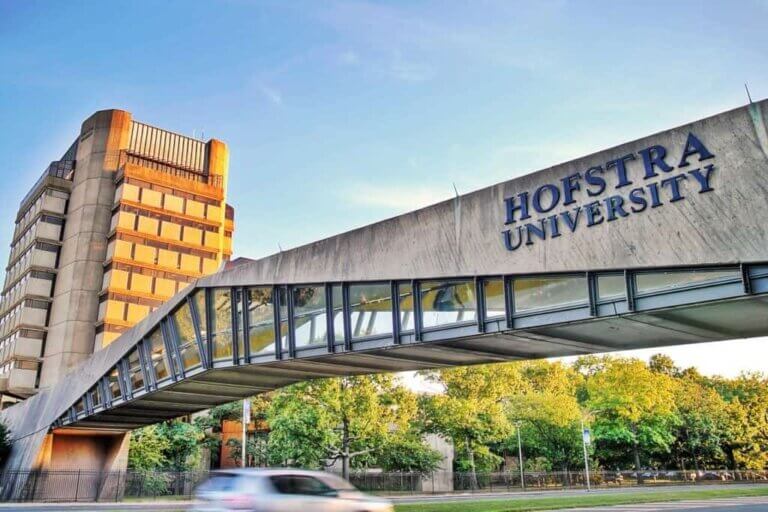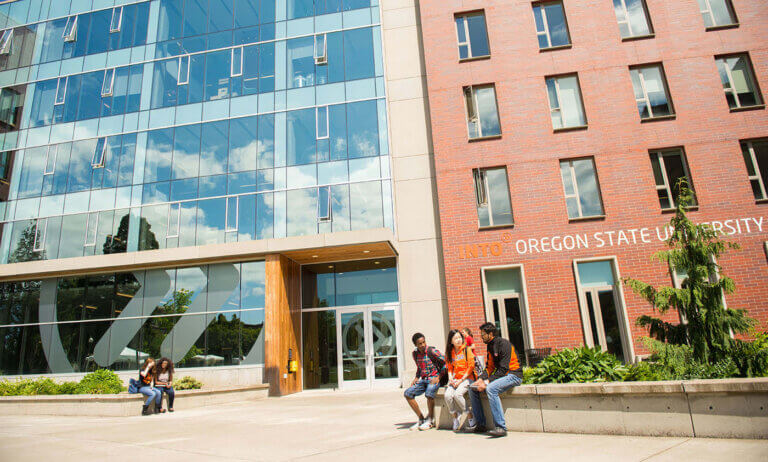Studying abroad in the United States can be a rewarding and enriching experience. The U.S. is home to many prestigious universities and offers a wide range of academic programs to choose from. Here we cover some key aspects to consider when studying abroad in the U.S.
American universities offer a variety of programs, including undergraduate, graduate, and professional degrees. You can choose from majors in diverse fields such as business, engineering, arts and humanities, sciences, and many more.
Each university has its own set of admission requirements, which usually include academic transcripts, standardized test scores (e.g., SAT, ACT, GRE, or GMAT), recommendation letters, and essays. It’s essential to research and understand the specific requirements for each university you are interested in.
Tuition fees vary depending on the university and program you choose. Studying in the U.S. can be expensive, but many universities offer financial aid and scholarships to international students. It’s crucial to explore available funding options and to plan your finances accordingly.
American universities often have vibrant campus communities with numerous extracurricular activities, clubs, and organizations. These can help you make friends, immer se yourself in the American culture, and enhance your overall university experience.
Many universities have dedicated international student offices that provide support services such as visa assistance, orientation programs, cultural exchange activities, and academic advising. These services can be valuable in helping you navigate the U.S. education system and adjusting to life in a new country.
The U.S. is a large country with diverse regions, climates, and cultural experiences. Consider the location of the university you are interested in, as it can impact your overall experience. Coastal cities like New York, Los Angeles, or Miami offer a vibrant urban lifestyle, while universities in smaller towns may provide a more intimate and close-knit community.
American universities are known for their strong research programs and opportunities for undergraduate and graduate students to engage in various research projects. If research is an area of interest for you, consider universities with strong research programs in your field of study.
Once accepted, international students need to apply for a student visa (F-1 for academic study). This visa allows them to study full-time in the US.
International students on an F-1 visa are allowed to work on-campus part-time during the academic year and full-time during school breaks. Off-campus work options may also be available under certain circumstances.
Most universities in the US require international students to have health insurance coverage while studying.
Keep in mind that the process of studying abroad in the U.S. involves careful planning and research. Start by researching universities that offer programs in your chosen field and carefully review their admission requirements and application deadlines. It is also advisable to consider factors such as cost of living, campus resources, and overall fit with your academic and personal goals. Consulting with an educational advisor or reaching out to current or former international students can provide valuable insights and guidance in your decision-making process.
Below is a tabular representation of some universities in the United States, along with details of degree programs and their typical durations, offering study abroad options for Pakistani students.

New York
Ranking
Tuition Fee
IELTS Score
Intakes
147
$18,000-$25,000
7
January & August

Washington DC
Ranking
Tuition Fee
IELTS Score
Intakes
201-250
$18,000-$34,000
6.5
January & August

Albama
Ranking
Tuition Fee
IELTS Score
Intakes
115
$18,000-$28,000
6.5
Jan, May & August

Colorado
Ranking
Tuition Fee
IELTS Score
Intakes
-
$19,000-$25,000
6.5
Jan, May & August

New Jersey
Ranking
Tuition Fee
IELTS Score
Intakes
-
$20,000-$30,000
6.5
January & August

Florida
Ranking
Tuition Fee
IELTS Score
Intakes
-
$18,000-$25,000
6.5
Jan & August

Virginia
Ranking
Tuition Fee
IELTS Score
Intakes
-
$20,000-$30,000
6.5
Jan & August

New York
Ranking
Tuition Fee
IELTS Score
Intakes
-
$18,000-$40,000
6.5
Jan, May & August

Virginia
Ranking
Tuition Fee
IELTS Score
Intakes
-
$20,000-$25,000
6.5
Jan, May & August

Georgia
Ranking
Tuition Fee
IELTS Score
Intakes
-
$16,000-$25,000
6.5
Jan & August

Oregon
Ranking
Tuition Fee
IELTS Score
Intakes
-
$25,000-$35,000
6.5
Jan, Mar, Jun, Sep & Dec

St. Louis
Ranking
Tuition Fee
IELTS Score
Intakes
-
$20,000-$30,000
6.5
Jan, May & August

Boston
Ranking
Tuition Fee
IELTS Score
Intakes
-
$21,000-$40,000
6.5
Jan & August

Alabama
Ranking
Tuition Fee
IELTS Score
Intakes
-
$14,000-$25,000
6.5
Jan, May & August

Illinois
Ranking
Tuition Fee
IELTS Score
Intakes
-
$18,000-$25,000
6.5
Jan, May & August

Kansas
Ranking
Tuition Fee
IELTS Score
Intakes
-
$18,000-$25,000
6.5
Jan, May & August

Utah
Ranking
Tuition Fee
IELTS Score
Intakes
-
$23,000-$30,000
6.5
Jan, May & August

Ohio
Ranking
Tuition Fee
IELTS Score
Intakes
-
$18,000-$30,000
6.5
Jan, May & August

Florida
Ranking
Tuition Fee
IELTS Score
Intakes
-
$18,000-$25,000
6.5
Jan, May & August

San Franciso
Ranking
Tuition Fee
IELTS Score
Intakes
-
$18,000-$25,000
6.5
Jan, May & August

A private limited company established to help Higher Education Institutions (HEIs) develop collaborative arrangements across the globe in the transnational higher education landscape.